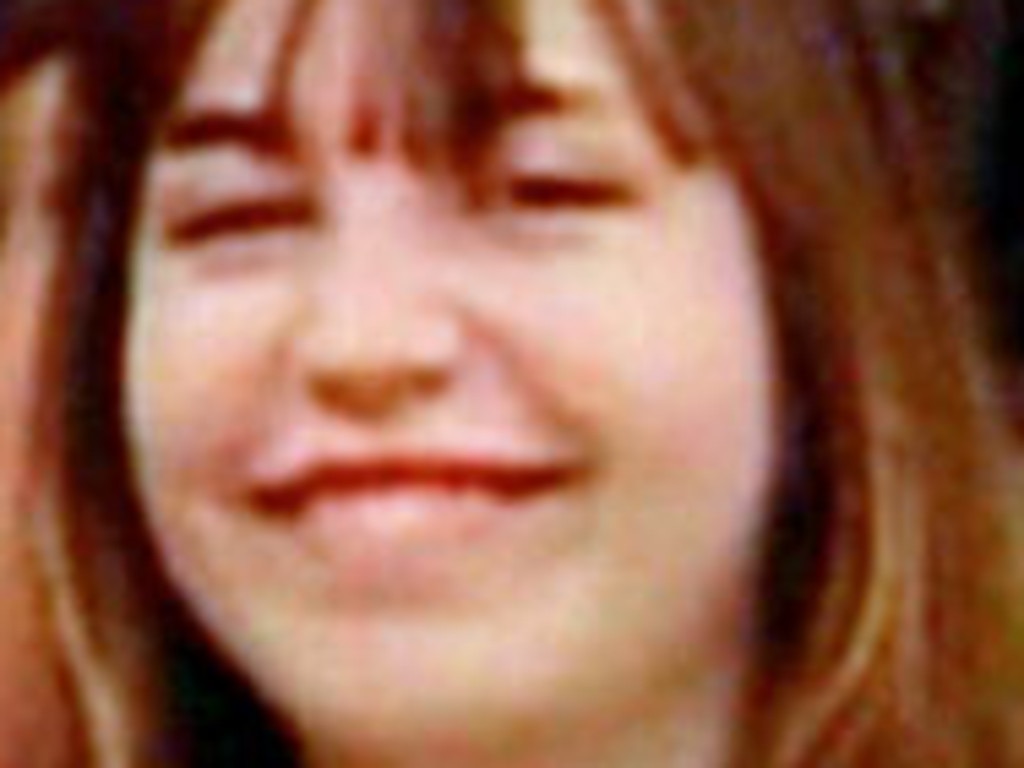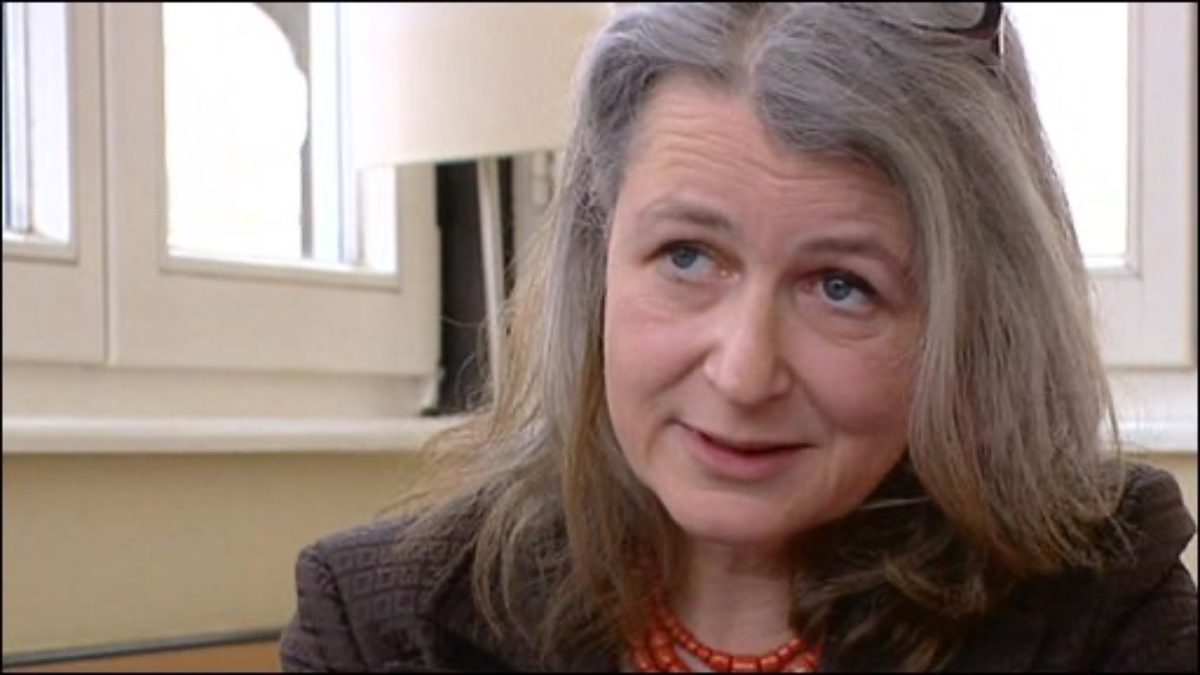Can a story be so horrific, so utterly unimaginable, that it reshapes our understanding of human cruelty and resilience? The case of Elisabeth Fritzl, a name synonymous with unimaginable suffering, stands as a stark reminder of the darkest corners of the human experience.
The details of Elisabeth Fritzl's ordeal, which emerged in 2008, are etched into public consciousness, a chilling testament to the depths of human depravity. Born on April 6, 1966, in Amstetten, Austria, Elisabeth was held captive by her father, Josef Fritzl, in a windowless basement for 24 years. During her imprisonment, she endured sexual abuse and gave birth to seven children. One child died shortly after birth, a further tragedy within an already horrific situation. The world watched in disbelief as the full extent of the abuse was revealed, a narrative that continues to challenge and disturb.
| Attribute | Details |
|---|---|
| Full Name | Elisabeth Fritzl |
| Date of Birth | April 6, 1966 |
| Place of Birth | Amstetten, Austria |
| Known For | Being held captive and sexually abused by her father for 24 years. |
| Children | Kerstin, Stefan, Lisa, Monika, Alexander, Michael (died shortly after birth), and Felix Fritzl |
| Significant Events | Imprisonment by Josef Fritzl (1984-2008), Rescue (2008), Birth of Seven Children, One child died shortly after birth. |
| Current Status | Lives in a remote Austrian village with her children and new husband (information based on available public knowledge, her privacy is strictly maintained). |
| Reference Website | BBC News - Fritzl case |
The story of Elisabeth Fritzl is not just one of captivity; it's a complex tapestry woven with threads of survival, the enduring power of the human spirit, and the challenges of rebuilding a life shattered by unimaginable trauma. It is crucial to acknowledge the pain and suffering while also recognizing the strength and resilience demonstrated in the face of adversity.
The Fritzl case unfolded in Amstetten, a town in Lower Austria, and quickly garnered international attention. On a seemingly ordinary day in 2008, Elisabeth informed investigators of her captivity, revealing a secret hidden for decades within the walls of her family home. Josef Fritzl, born on April 9, 1935, had constructed a hidden, soundproofed basement beneath the family home, where he held his daughter prisoner. The discovery of the hidden cellar and the subsequent unravelling of the details stunned the world, exposing the heinous acts committed by Josef Fritzl.
The years of captivity were marked by extreme abuse and the systematic deprivation of Elisabeth's basic human rights. She was repeatedly raped and tortured, forced to endure an existence of unimaginable horror. During her confinement, she gave birth to seven children. The children were fathered by Josef Fritzl, highlighting the depth of the depravity. The basement became their prison, a world devoid of sunlight, fresh air, and any semblance of normalcy. It was a place of unrelenting suffering and a stark symbol of the violation of innocence.
Among the children born in captivity were Kerstin, Stefan, Lisa, Monika, Alexander, Michael, and Felix. These children experienced vastly different upbringings. Lisa, born on May 26, 1988, along with her siblings, grew up in the confines of the basement, separated from the world. The twins, Alexander and Michael, were later born. Lisa and her siblings, Monika and Alexander, were brought upstairs and lived a relatively normal life with their grandparents, unaware of the true horrors of their past. Michael, the twin of Alexander, died soon after birth, a tragedy that further compounded the suffering.
The rescue of Elisabeth and her children in 2008 marked a turning point in the harrowing narrative. The catalyst for their release was the critical illness of Kerstin, the eldest daughter. The authorities were alerted and, after an investigation, the full extent of Josef Fritzl's crimes was revealed. The subsequent investigation and legal proceedings brought the case to the forefront of international attention. The details presented in court, describing the abuse and captivity, were difficult to listen to.
In the aftermath of her rescue, Elisabeth, now a survivor, embarked on a long and difficult journey toward healing. The mental health challenges faced by Elisabeth and her children were immense, demanding specialized care and unwavering support. Psychological experts were required to help the survivors navigate the complex emotions and trauma associated with their experiences. The Austrian authorities and support services worked to ensure that the survivors were able to receive the care they required.
Lisa, one of the daughters, born in the basement, also became a figure of interest. Born on August 29, 1992, she was later brought out of the basement and, along with her siblings, lived in the main family house, unaware of the truth. The divergent lives of the children underscored the psychological complexities of the situation. The story of Lisa and her siblings is a narrative of resilience.
The media coverage of the case was substantial, but it also raised ethical concerns. Media outlets grappled with the challenge of reporting the story responsibly, while also respecting the privacy and dignity of the survivors. The focus shifted towards providing a platform for their voices and giving them agency in the telling of their stories. Their right to privacy had to be respected at all costs, given the nature of the abuse they suffered.
The case served as a catalyst for broader conversations about domestic violence, child abuse, and the importance of mental health support. It highlighted the urgent need for increased vigilance, early intervention, and comprehensive resources for survivors of trauma. The case exposed societal vulnerabilities and the failings of systems designed to protect individuals from harm.
The long-term implications of the Fritzl case are still unfolding. The survivors continue to rebuild their lives, navigating the challenges of the past while striving to create a better future. Their story stands as a testament to the endurance of the human spirit and the importance of providing comprehensive support for those who have suffered unimaginable trauma. The legacy of the Fritzl case should be the lessons learned, particularly surrounding awareness, intervention, and the provision of support.
The case also has a judicial dimension. Josef Fritzl was convicted of incest, rape, false imprisonment, enslavement, and the murder of his infant son, Michael. He was sentenced to life imprisonment. The legal proceedings and the ongoing ramifications of the case will continue to evolve over time.
The impact of the Fritzl case extends beyond the courtroom and into the realm of social and psychological studies. The case provides a wealth of data for experts studying human behaviour, trauma, and the long-term effects of abuse. It has contributed to a deeper understanding of the complexities of trauma and resilience.
The importance of the case also revolves around the public's response to the victims. Support for the victims was crucial for them in the aftermath of the case. Numerous support services, charities and mental health experts were involved to help them recover. The support was critical for the emotional wellbeing of the survivors.
The Fritzl case is a tragic story that highlights the dark side of human nature, but it is also one of hope. It underscores the remarkable ability of human beings to survive even the most harrowing experiences and rebuild their lives in the face of unimaginable adversity. It highlights the importance of looking for signs of abuse and intervention.
The case of Elisabeth Fritzl and her children is a reminder of the importance of mental health support. Mental health professionals have a crucial role to play in the lives of survivors, helping them to process their trauma, develop coping mechanisms, and rebuild their sense of self. The provision of mental health services is an investment in the healing and wellbeing of the survivors. Therapists work with the survivors and allow them to take control of their own healing process.
The case of Elisabeth Fritzl offers lessons for everyone. It forces a confrontation with the capacity for evil. It highlights the importance of vigilance in safeguarding the vulnerable. It emphasizes the crucial role of support in the recovery and rebuilding of lives that have been shattered by trauma.


